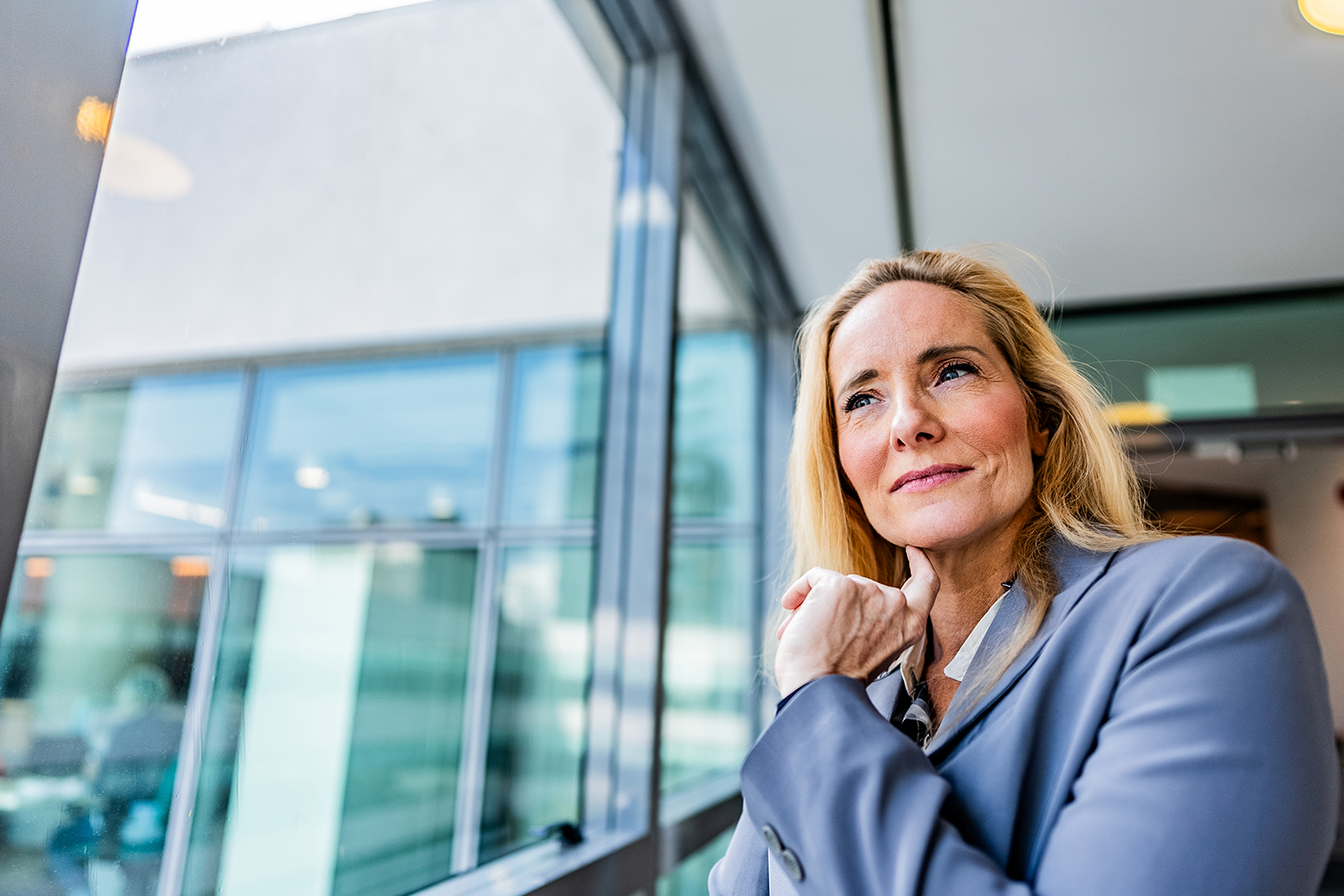It feels like the world is turning upside down. War is displacing millions, climate catastrophe is no longer a distant warning but an unfolding reality, and political freedoms are eroding amid rising populism and polarization. At work, after years of progress toward more human-centered practices, it seems we’re regressing. Where are our leaders? Well, trust in leadership has collapsed1. Not because we’re facing a crisis of competence—because we are facing a crisis of wisdom.
Although average IQs have risen significantly over the past century2, intelligence alone is proving insufficient. What’s needed now is wisdom in leadership—particularly from those with wide influence in business, politics, and beyond. We need leaders who can manage complexity, tolerate ambiguity, make grounded decisions under pressure, and still act in service of something greater than themselves. Leaders who aren’t just clever, but wise.
Wise leaders balance efficiency with long-term vision. They recognize the impact of their decisions on employees, communities, and the planet. They act with humility and integrity. They seek to leave the world better than they found it. But what do we actually mean by wisdom?
Wisdom can be elusive to define or measure, but most people recognize it when they see it. Building on the decades of research on wisdom, the most prominent models3 consider wisdom to have cognitive, emotional, relational, and ethical elements to it.
Cognitive:
This includes experience-based knowledge of life, the ability to self-reflect and adjust one’s own thinking (metacognition), and tacit (implicit) and explicit knowledge and intuition. Critical aspects of the cognitive element of wisdom are the ability to recognize and integrate multiple perspectives, a deep desire to understand life and learn, a tolerance of ambiguity and contradictions, and intellectual humility—an appreciation of the limitations of one’s own knowledge.
Emotional:
This includes an awareness of one’s own emotional states and the ability to regulate one’s own emotions and remain balanced in challenging situations.
Relational:
Relational aspects of wisdom emphasize positive connections with others and genuine care, compassion, and empathy relating to others. It’s striving for outcomes that balance gains and losses for everyone involved and the greater good, rather than self and/or personal gain or for one’s own group.
Ethical:
This includes being guided by ethical principles and moral grounding and striving to make choices that are fair, honest, and respectful of others, even when these choices are challenging or come at a personal cost.
These capacities aren’t isolated; they interact. Noncognitive traits like humility and compassion shape how cognitive abilities are applied in the real world.
Wisdom is deeply human. It’s also teachable.
Wisdom tends to grow with life experience, but development can be supported through practices that cultivate self-awareness, perspective taking, and meaning making. Approaches highlighted by the research include:
- Developing metacognition: Encouraging leaders to think about how they think—what influences their decisions, the strategies they use, and the assumptions they make, and what might they be missing?
- Building deeper self-awareness and emotion regulation strategies: Supporting leaders to observe and manage their inner states. Not suppressing emotion but staying in contact with it without being controlled by it. Developing routines and mechanisms to deal with stress.
- Practicing self-distancing and perspective shifting: Using techniques like journaling in third person (speaking about yourself in third person as if you were observing yourself, ( à la Dobby the house elf in Harry Potter) to foster self-distancing. Practice cognitive reframing and seek diverse perspectives to see situations from multiple viewpoints.
- Clarifying values: Reflecting on what matters most and using that as a compass.
- Engaging in co-creating meaning and knowledge through an open dialogue: Learn through inviting others to share perspectives, engaging through critical thinking, questioning assumptions and empathy.
- Developmental coaching and vertical development: Helping leaders evolve their capacity to think systemically and navigate complexity.
Importantly, wisdom isn’t just “being nice” or introspective. It’s the capacity to make sound, ethical decisions in messy, high-stakes situations. It’s integrating logic with compassion. It’s resisting black-and-white thinking. It’s asking not just “What’s the smart move?” but “What’s the right move?”
Not all leadership requires wisdom. But the leadership needed to face today’s challenges absolutely does. Wise leadership is purposeful rather than reactive, grounded rather than grandiose. It reflects the maturity to consider others—not out of political calculation but because doing so creates better outcomes. It embraces collaboration, consistency, and long-term integrity over short-term wins or manipulation.
At a time when polarization and fear tempt people toward authoritarianism and simplicity, wisdom offers something else: grounding in core values, commitment to shared humanity, and the humility to act with conscience. And it’s not a luxury—it’s an imperative. Lucky for humanity, wisdom is not reserved for a few. It’s a capacity that can be nurtured, one thoughtful decision at a time.
–Olga Hypponen
Let’s Talk
At RHR, we believe wisdom in leadership is not only possible—it’s essential. As trusted coaches and mentors, we partner with leaders to help them navigate uncertainty, make sound decisions under pressure, and lead with integrity. We equip them with the tools to reflect deeply, think systemically, and act with both clarity and compassion. By fostering emotional intelligence, perspective, and moral courage, we help leaders grow beyond competence toward true wisdom. Because in a world that demands more than quick fixes and cleverness, wise leadership isn’t a nice-to-have—it’s a necessity. To learn more, reach out to Robert Abramo, head of business development.

